Tonight begins Chanukah and tomorrow brings Thanksgiving, both occasions for enjoying these modern-styled wines suitable for every table.
One sip of the 2010 Bartenura Chianti Reserva Ovadia Estates will assure you that a wine labeled kosher for Passover and mevushal can be as delicious and well-made as any other contemporary wine. (Mevushal means the wine was flash-pasteurized, so a non-Jew is allowed to serve it.)
The wine is thoroughly modern but anchored in history: It is named for Ovadia ben Abraham, a 15th-century Italian rabbi known as “the Bartenura.” It is made at the Florentine Castello di Poppiano, which has been owned by Ferdinando Guicciardini’s family since 1199, from Tuscany’s sangiovese grape and barrel-aged for two years. Its pronounced floral and red fruit aromas are as pleasing as the black cherry and plum flavors that coat your palate. Integrated tannins and mild acidity give the wine perfect balance; enjoy it with roasted turkey, cranberries and sweet potatoes. The 2010 Bartenura Chianti Reserva Ovadia Estates retails for about $25.
From Israel’s Judean Hills arrives the 2010 Tulip Winery Mostly Cabernet Franc, labeled kosher for Passover but not mevushal. Its unusual name derives from the 85 percent cabernet franc blended with 15 percent merlot. After six months of barrel aging, the two varietals are combined and aged another nine months. The result is a pronounced blackberry and mild oak aroma that rises from the glass and is complemented by black fruit flavors. The tannin structure is released with an hour of decanting, making the 2010 Tulip Winery Mostly Cabernet Franc ideal with veal shanks or lamb stew. It retails for about $39.
The 2011 Baron Herzog Russian River Valley Special Reserve Chardonnay is kosher for Passover and mevushal. Its fragrances of jasmine, pear and vanilla are restrained and pleasing, and the mineral backbone keeps the ripe pear flavor from being ostentatious. This is a perfect example of a kosher wine having an ecumenical appeal. The $29 price tag makes its own restrained statement.
My biggest surprise was delivered in a glass of the 2012 Baron Herzog Late Harvest Orange Muscat dessert wine. Anticipating a sticky sweet wine, I was delighted by the orange, tangerine and floral bouquet, and the tangerine and pineapple flavors that were laced with cleansing acidity and a feather-light texture. It’s labeled kosher for Passover and mevushal, but a world away from the cloying kosher wines of yesteryear. Adding to the pleasure is the low 8.5 percent alcohol which is just what you want at the end of a dinner. Pour the 2012 Baron Herzog Late Harvest Orange Muscat alongside your apple or pumpkin pie, or sip it with some sufganiyot, filled and fried doughnuts traditionally eaten at Chanukah. It retails for about $19.
L’chaim and happy Thanksgiving!
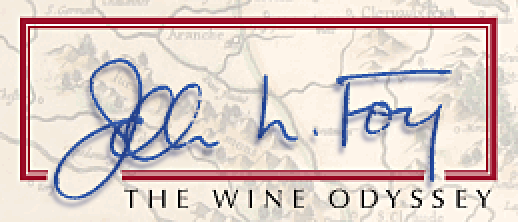
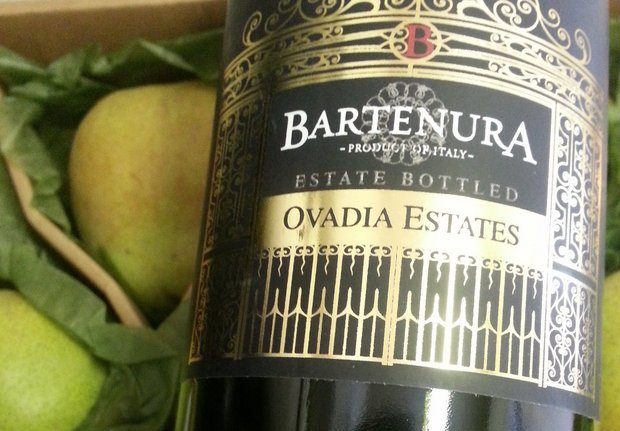
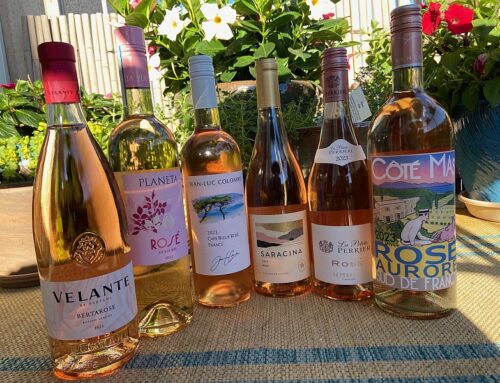
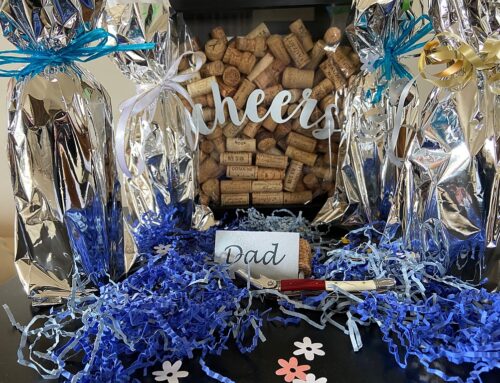
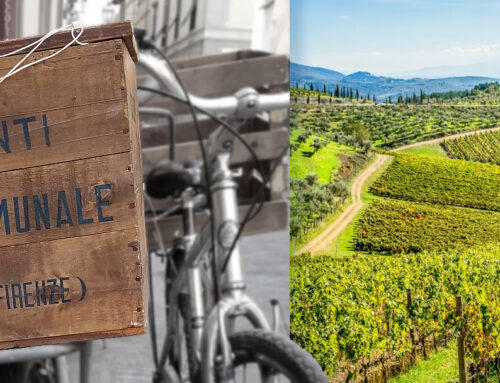
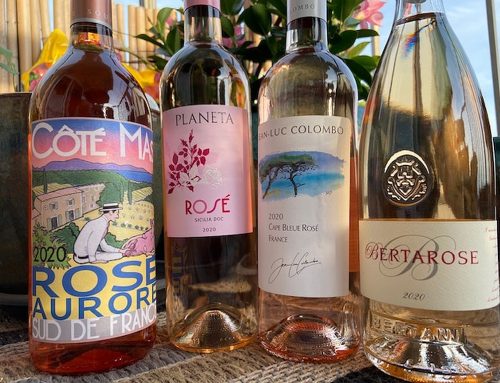
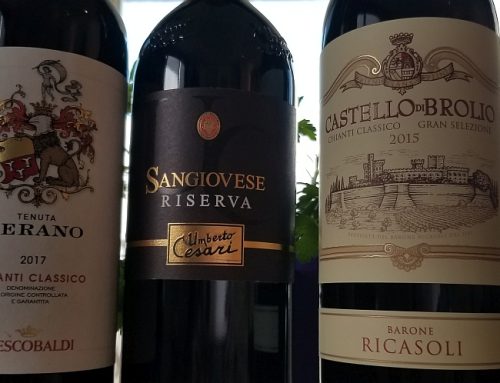
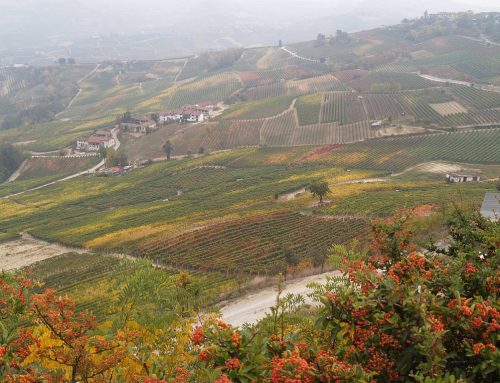
Leave A Comment